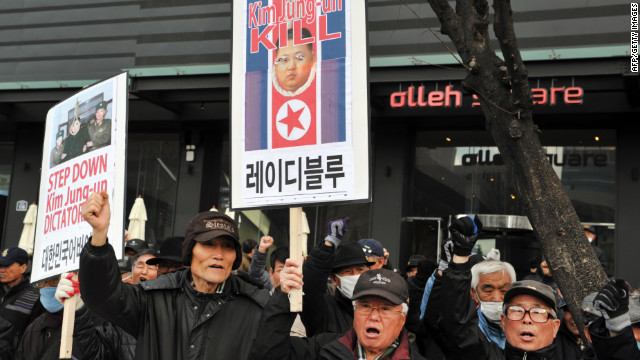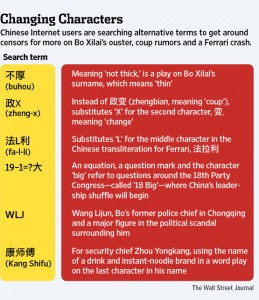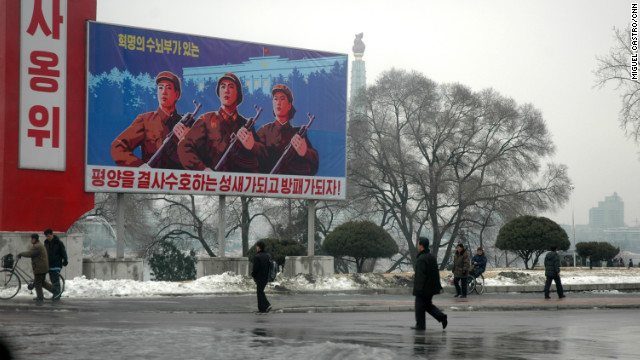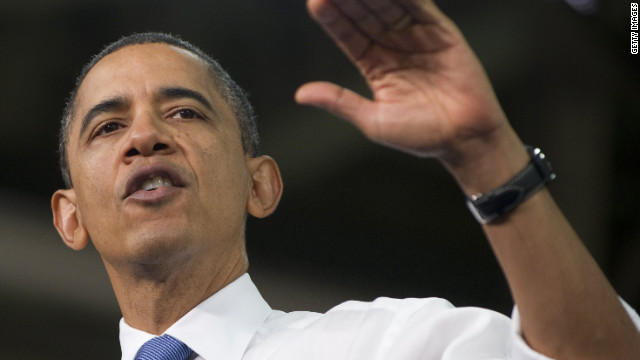
Definition of digital democracy: a “bottom-up” approach which concerns with the creation of new citizens’ discussion and deliberation, and sites for mobilization and action.
Question: Can new technologies help or hurt democracy around the world?
Answer: In my opinion, they would help democracy.
*****************************This is because************************
On the citizens’ side, digital democracy promotes
1) Lower cost of deliberative participation and wider range of possible engagement
First, technologies make public participation more direct but expansive. For example, the convenience of electronic voting may encourage a wider scope of citizens to vote. Also, with its easily available and universally accessible nature (most of the time), technologies provide citizens with opportunities to place questions on the agenda of political issues. By the same token, such interactive systems of telecommunication make it possible for citizens to participate in discussion with experts, policymakers, and fellow citizens. The result is that democracy can be furthered by a greater scope of public political participation.
2) Transparency of information
Second, technologies allow for more transparency in terms of information dissemination, thus providing a foundation for formal and productive political debates. The non-exclusionary nature of internet (again, most of the time) also promotes plurality of media. Consequently, transparent and wide-spread information dissemination enfeebles centralized monopoly by providing the public information for effective political participation.
3) Sources of political mobilization
Finally, as citizens can now utilize the internet to form associational bonds (among themselves and with their governments) and to create open public spaces, they are enabled to mobilize their movements, and to communicate with better representatives. In terms of the latter, incidents such as the Arab Spring prove to us the power of internet for political mobilization.
On the governments’ side, digital democracy promotes
1) Responsiveness and accountability of democratic governments
While we often see technologies as beneficial to grass-roots political mobilization, technologies can also enhance responsiveness and accountability of democratic governments. For example, there have been many democratic government initiatives to put key documents online, as a means to improve understanding of social policy entitlements through the use of web-based information, and to seek voter opinion on a wide range of public questions.
Downsides of digital democracy
Despite my endorsement for digital democracy, I recognize the concerns about the harm technologies (and in particular the internet) can do to democracy. As far as I know, these concerns include 1) the truth of the information on the internet is hard to be judged, 2) the media may be manipulated to perpetuate particular political messages, and 3) people with no access to these technologies will be marginalized. While these concerns are all valid, I believe that the democratic potential of technologies can counter-balance, and even outweigh, these problems. While in democracies, the universal nature of the internet has allowed people to evaluate various information they encounter on the internet, in non-democracies, people with technological know-how can often find their ways to use technologies for political mobilization. Again, the Arab Spring is an example.
Meanwhile, although the divide between people who have/ have no access to technologies still exists, it has become less extreme (especially when NGOs have been actively creating internet centers in developing countries). On the other hand, it is important to keep in mind that digital democracy should be used to complement, rather than to substitute the conventional ways of political participation (such as reading newspapers, going to conferences and voting). By considering digital democracy as a complement rather substitute for conventional political participation, one would reach the conclusion that it would help democracy.






